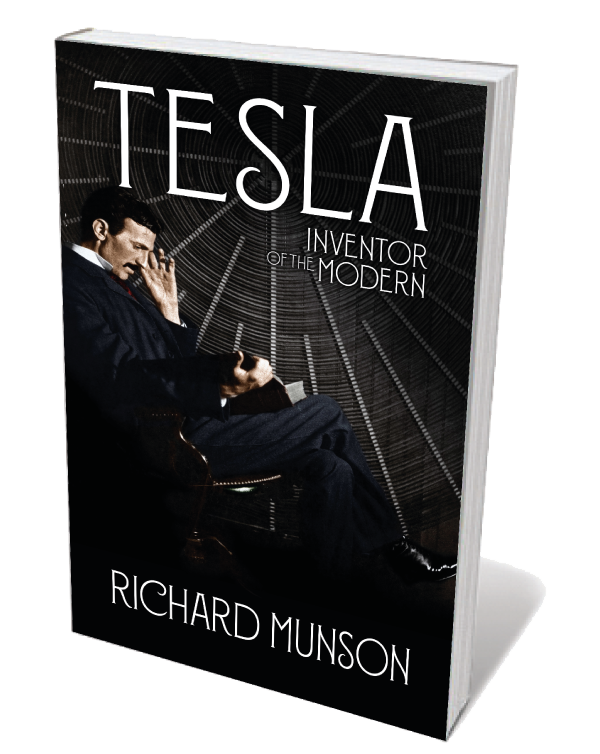

Tesla: Inventor of the Modern
Richard Munson W. W. Norton (2018)
Around the turn of the twentieth century, Serbian-born visionary Nikola Tesla authored transformative inventions from the alternating-current system to remote control, drones and (arguably) radio. He even foresaw radar, mobile phones and the Internet. Yet, as Richard Munson reveals in this penetrating biography, Tesla’s lack of business sense allowed others to prevail. Munson makes vivid the genius’s eventful life, from his mother’s inspirational labour-saving inventions to his psychological complexity — and his estimable belief that “technology should transcend the marketplace”.
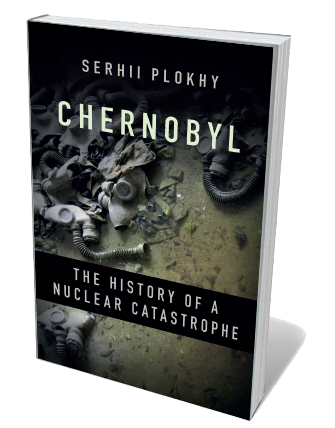
Chernobyl: The History of a Nuclear Catastrophe
Serhii Plokhy Basic (2018)
Soon after midnight on 26 April 1986, a turbine test at Ukraine’s Chernobyl nuclear power plant went stupendously wrong. The explosion released 14 exabecquerels of radiation; the fallout contaminated 20% of neighbouring Belarus and crossed more than half of Europe. Historian Serhii Plokhy’s deft, richly detailed account draws on newly opened archives and weaves in stories of players such as Chernobyl director Viktor Briukhanov. The disaster’s roots, he asserts, were a toxic tangle of shoddy construction, human error, flawed governance and complacency in the Soviet nuclear industry.
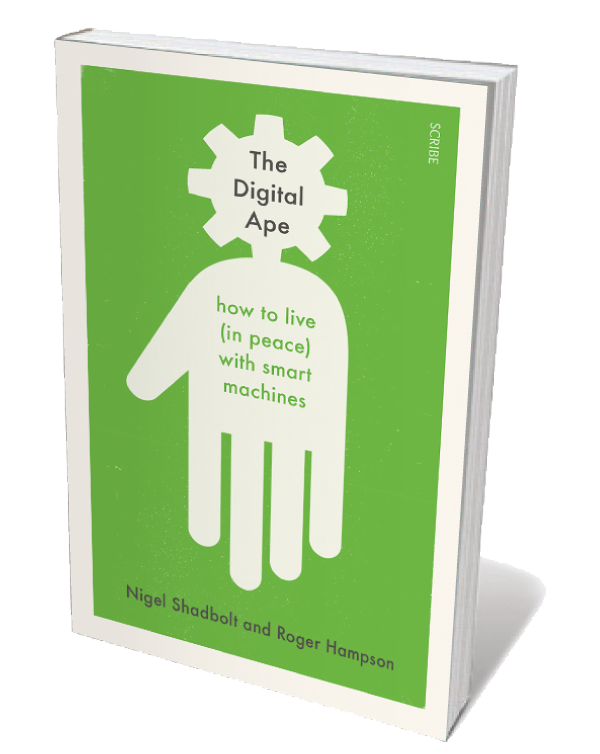
The Digital Ape
Nigel Shadbolt and Roger Hampson Scribe (2018)
Numbed by dire warnings of technological Armageddon? Computer scientist Nigel Shadbolt and economist Roger Hampson dispel the miasma with this superb survey of the landscape we “digital apes” have wrought. Humanity’s tool use, spanning everything from hand-axes to CRISPR, has spawned marvels such as a hyper-networked society, “social machines” like Wikipedia and artificial intelligence. But to avoid succumbing to the inherent dangers, Shadbolt and Hampson urge wise choices: to hold Silicon Valley to account, ensure transparent algorithmic decision-making and own our own data.
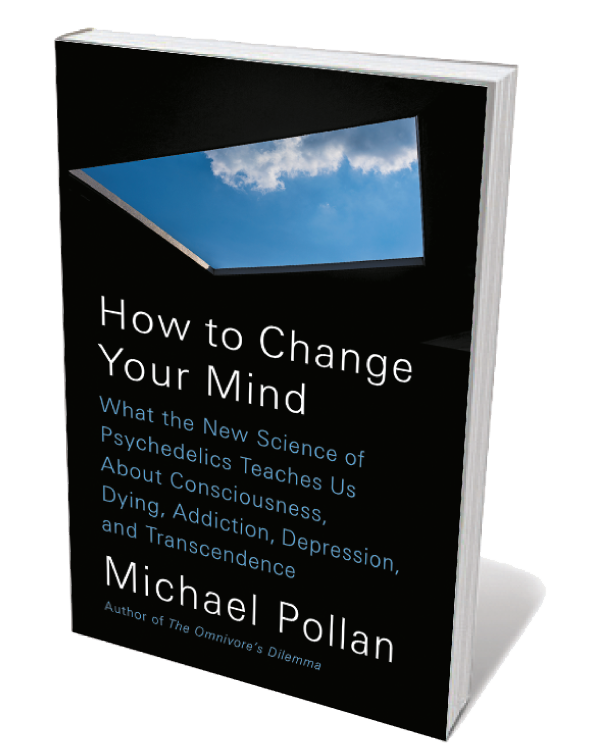
How to Change Your Mind
Michael Pollan Penguin Press (2018)
Journalist Michael Pollan explored psychoactive plants in The Botany of Desire (2001). In this bold, intriguing study, he delves further, homing in on psychedelic compounds currently under study, such as psilocybin. He meets a vast cast of researchers, including mycologist Paul Stamets and neuroscientist Robin Carhart-Harris, who works on neural correlates of the psychedelic experience. Pollan even “shakes the snow globe” himself, chemically self-experimenting in the spirit of psychologist William James, who speculated about the wilder shores of consciousness more than a century ago.
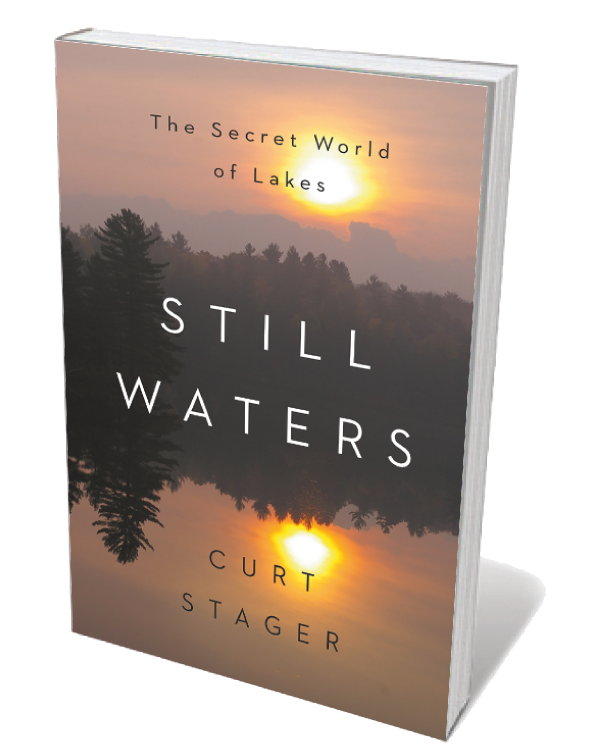
Still Waters
Curt Stager W. W. Norton (2018)
“There is nothing like a lake to reflect and reveal the world.” So declares ecologist Curt Stager, whose lyrical evocation of ‘living waters’ offers geological and biological revelations. He also probes our relationship to lakes as one body of water to another, examining mud cores from Walden Pond in Massachusetts (immortalized by nineteenth-century naturalist Henry David Thoreau), flesh-dissolving alkaline minerals in Tanzania’s Lake Natron, and the endemic species crowding crystal-clear Lake Baikal in Siberia.
Nature 557, 491 (2018)